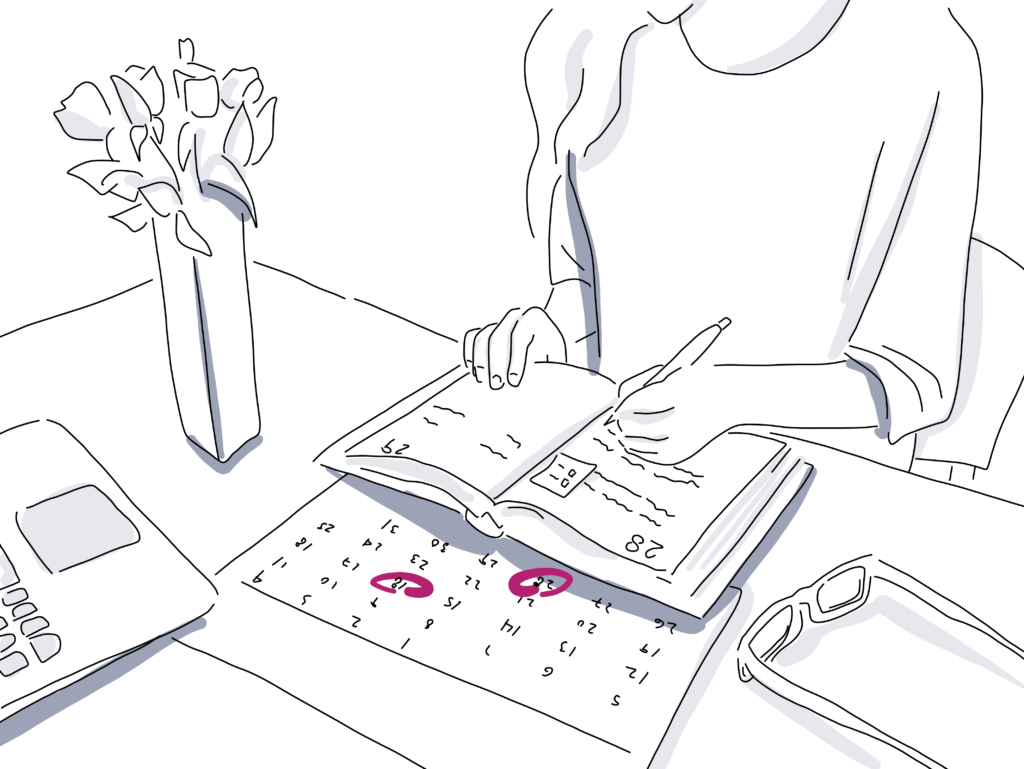
How to Study for the Certified Meeting Professional Exam
When it comes to the event & meetings industry, it’s all about education. As professionals, we have an obligation to keep up with industry trends so that we can provide the best service for our company, employer, members, and attendees.
One industry designation that stands out in the crowd is the Certified Meeting Professional (CMP).
Understanding the CMP Exam & How it Benefits Your Event Planning Career:
If you want the textbook definition, the CMP designation (from Convention Industry Council or CIC) is the foremost certification of the meetings, conventions and exhibitions industry; and the program recognizes individuals who have achieved the industry’s highest standard of professionalism. Established in 1985, the CMP credential benefits meeting professionals through:
- Recognition: As the premier industry certification, the CMP distinguishes holders as career professionals who have demonstrated a high level of experience, skill, and knowledge.
- Competitive Advantage: The designation conveys credibility to a meeting professional’s opinions and ideas, both at work and in the greater meetings, conventions and exhibitions industry.
- Peer Acceptance: CMPs are immediately recognized by other CMPs as fellow professionals committed to the advancement of the profession.
- Salary Enhancement: CMPs can use the certification as a competitive advantage when it comes to negotiating salaries and other business.
- Personal Achievement: After passing a rigorous application and examination process, CMPs express a profound sense of personal achievement at finally being regarded as the exceptionally skilled professional they are.
- Commitment: Successful completion of the certification process conveys that the certified meeting professional is committed and goal driven in their career.
In April 2014, I renewed my certification for another five (5) years. It is still one of the best decisions I have made in my career as an event professional. Those with the CMP designation stand out in the crowd and are recognized as individuals who understand the needs and responsibilities of the meetings & events industry. Of course, it doesn’t happen overnight. Getting here takes time, and yes¦you have to take a test!
[Tweet “Event planners with the CMP designation stand out in the crowd.”]
Everyone prepares differently, everyone studies differently. Most of us have graduated college and been in the working world for several years. So what are some of the best study practices for the CMP exam? I reached out to a few members of the Meeting Professionals International Northeastern New York (MPI NENY) chapter to find out how they prepared for the CMP exam – including those who took the exam at the new testing center.
5 Study Tips and Tricks to Ace the Certified Meeting Professional Exam:
- If your local MPI Chapter offers it, participate in Chapter led CMP Study Groups. This is usually a free benefit of MPI membership.
- Take a CMP Boot Camp. The MPI World Education Congress offers a CMP Boot Camp prior to the official start of the conference in July/August; highly recommended!
- Use Flash Cards and Highlighters. Take down notes on color coded flashcards and quiz yourself later. Use colored highlighters to pinpoint important information as you read.
- Take all the quizzes and practice exams you can find. The Convention Industry Council (CIC) does offer a practice exam and many MPI chapters will supply this during study groups. Take the quizzes at the end of each chapter in the study guides.
- Read the books and know the vocabulary! You can purchase study guides and materials on the CIC website.
While the group mentioned all the tips listed above, they each had a few of extra thoughts from their own experience to consider as you prepare to take the exam¦

Critical Preparation Advice from Experts for the Certified Meeting Professional Exam:
- Don’t conform to study habits that never worked for you in the past. What works for one person doesn’t mean it will work for you! – Christine King, CMP – Meeting Consultant, Site Solutions Worldwide
- Don’t stress over formulas and square footage! There are not enough questions on the test related to these two things to fail. – Kristi Harbers, CMP – Registration Manager, Site Solutions Worldwide
- While it is great to memorize facts, the test is subjective, so you need to know how to apply what you’ve learned! Go with your instinct! – Trina Avalos, CMP – Meeting Planner, Association of Governmental Risk Pools
- When taking the exam, keep an eye out for absolute terms such as: always, never, none, all, every, etc. – Christine King, CMP – Meeting Consultant, Site Solutions Worldwide
- Surround yourself with a support system. Get friends and family to quiz you. Don’t isolate yourself or study alone. – Allison Manny, CMP – Director of Meetings, ACOG District II
- Use your own industry experience and knowledge. Don’t psyche yourself out, trust your own knowledge of the industry – Christine King, CMP – Meeting Consultant, Site Solutions Worldwide
My tip to you! Get plenty of sleep the night before the exam. Don’t stay up all night quizzing yourself, reading the books, looking at flash cards, or stressing out. You know this! You are ready!
Now You’re Ready to Study All the Right Ways for the CMP Exam!

Whether your journey to CMP designation is a personal or professional one (or both), I wish the next class of CMP’s all the best and hope these study tips help you to prepare.
Up next, learn more about top hospitality certifications, and the best event planning skills to advance your career.
Have more questions about the Certified Meeting Professional Exam?
The CMP exam is the second half of the Certified Meeting Planner application process, and is meant to enhance the knowledge of meeting professionals.
Work 36 months full-time in the meeting industry, and undergo 25 hours of continuing education within a 5-year period. If you have a degree in event management or hospitality, you only need to work 24 months. Submit the CMP application, and pass the exam to become a CMP.
There is no specific CMP degree, but there are several courses that are offered to help prep for the exam.
There are 165 multiple choice questions and 150 operational questions, divided in the following categories: Meeting and event design, site management, marketing, financial and contract management, strategic planning, project management, risk management, human resources, and stakeholder management.

